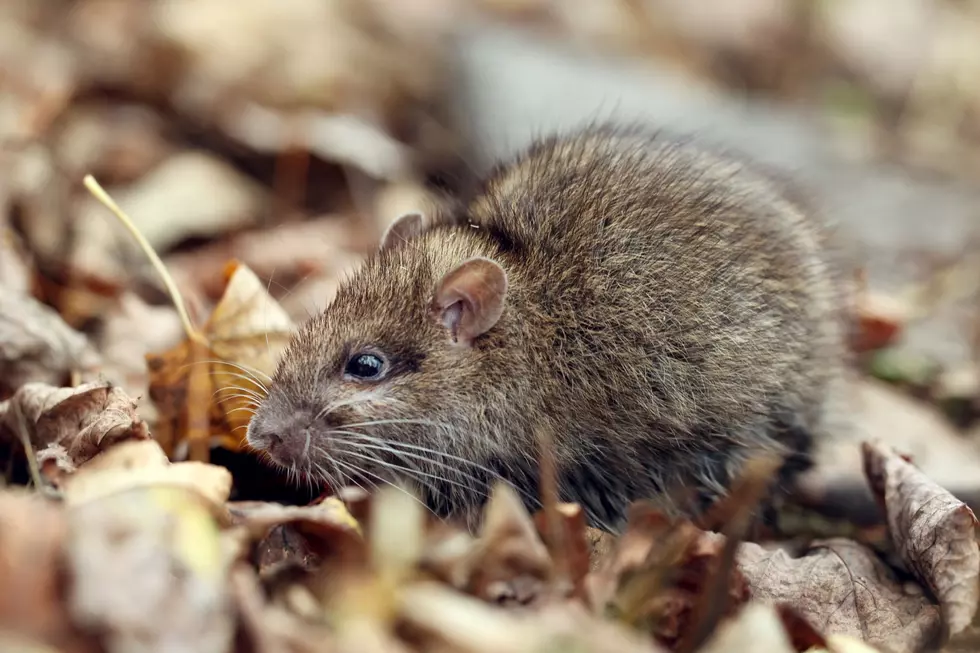![New “Leash” On Life For Rescued Research Beagles [AUDIO]](http://townsquare.media/site/101/files/2011/06/08_beagles-thumb.jpg?w=980&q=75)
New “Leash” On Life For Rescued Research Beagles [AUDIO]
Nine beagles who have spent their lives in cages in a research lab got their first taste of freedom when they were rescued Wednesday by animal rights advocates. It took place in California, but has ramifications across the country
Listen here:
More than 67-thousand dogs are used annually in the U-S in laboratory testing of everything from surgical techniques to industrial chemicals. Attorney Shannon Keith says her volunteer rescue team has to move quickly...as a research facility calls and gives them only a day or two to come get the dogs, before they're put down. She says the beagles aren't sure how to handle their new freedom.
"They stayed in their crates for 15 minutes before they actually took a step outside of their crate, onto the grass. They were so scared; they had no idea what to do. So, it's bittersweet, you know - I mean, we're all crying, but we're smiling at the same time."
Martin Stephens is with the Humane Society of the United States. He says beagles are the most common type of dog used in research when animals larger than mice or rats are needed. And more of them are being rescued, although the cases are rarely publicized.
"Even though you would think that’s a good deed to do that, a lot of universities, companies, they don’t want to call attention to the fact that they’re using dogs in the first place. So, they keep something like this quiet."
Keith says eventually, the dogs started running around and tails started wagging. But rescued research dogs have special needs and many have been de-barked, so they can't communicate like a normal dog. The goal is to rehabilitate them to become adoptable pets.
Keith's organization, the Beagle Freedom Project, is one of only a few in the country focused on rescuing research animals. She says donations and adoptive families are helpful...but just as important, is sending a message to the research industry by purchasing products that are not tested on animals.
"Those products will say, either 'cruelty-free' or 'not tested on animals.' And another way to be involved is to actively protest those companies that do still test on animals, when they're not required to do so."
Stephens says the number of dogs used in research has decreased with advancements in technology and testing procedures. He's hopeful that animals will someday not be needed in research at all, because better science will have made it unnecessary. In the meantime, groups like California's "Beagle Freedom Project" say they'll save and rehabilitate as many as they can.
Follow this link to a video on the rescue and more information http://www.beaglefreedomproject.org/video.php
More From K2 Radio









